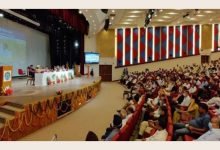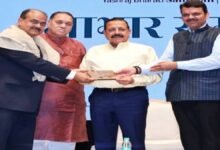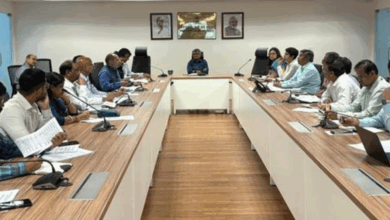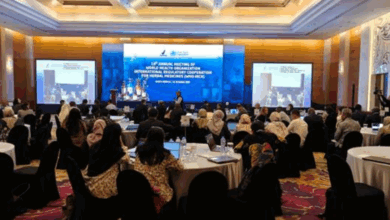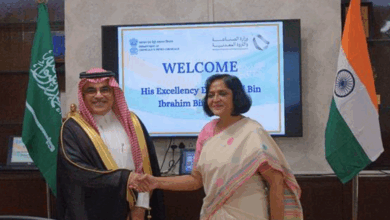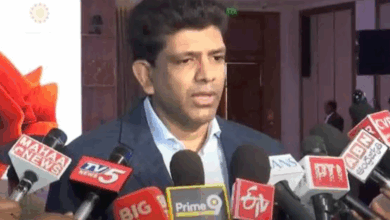PM Modi successfully used technology to give citizen-centric governance, says Union Minister Dr Jitendra Singh
The overall impact of this in the last nearly ten years is the emergence of a new work culture which makes optimum use of latest technology, including Artificial Intelligence, to curb corruption, increase transparency, promptly address grievances and finally enable the citizen to become a core participant in governance
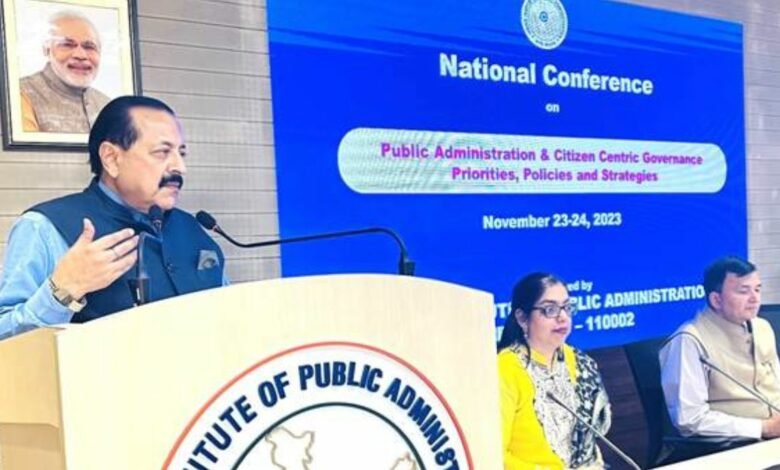
Union Minister Dr Jitendra Singh yesterday said that Prime Minister Shri Narendra Modi has successfully used technology to give citizen-centric governance. The overall impact of this in the last nearly ten years is the emergence of a new work culture that makes optimum use of the latest technology, including Artificial Intelligence, to curb corruption, increase transparency, promptly address grievances and finally enable the citizens to become a core participant in governance, he said.
The Union Minister of State (Independent Charge) Science & Technology; MoS PMO, Personnel, Public Grievances, Pensions, Atomic Energy and Space, was addressing the ‘National Conference on Public Administration and Citizen Centric Governance: Priorities, Policies and Strategies’, organised by the Indian Institute of Public Administration (IIPA), in New Delhi.
Dr Jitendra Singh said, PM Modi’s policy of ‘Maximum Governance – Minimum Government’ has been translated into reality by the Digital Empowerment of citizens.
“If technology is now the hallmark of the entire governance process in the last 9-10 years under Prime Minister Modi, each of these components of Good Governance has been used for better functioning with the use of technology,” he said.
Dr Jitendra Singh said India was the first country to use Direct Benefit Transfer (DBT) to get rid of middlemen and check pilferage with the help of technology. DBT also ensured that farmers and poor people were not denied the benefits of social welfare schemes even during the peak of the COVID-19 pandemic.
“Governance reforms introduced by Prime Minister Modi are not confined to governance, they have a huge socio-economic implication as well”: Dr Jitendra Singh
“Governance reforms introduced by Prime Minister Modi are not confined to governance, they have a huge socio-economic implication as well,” he said.
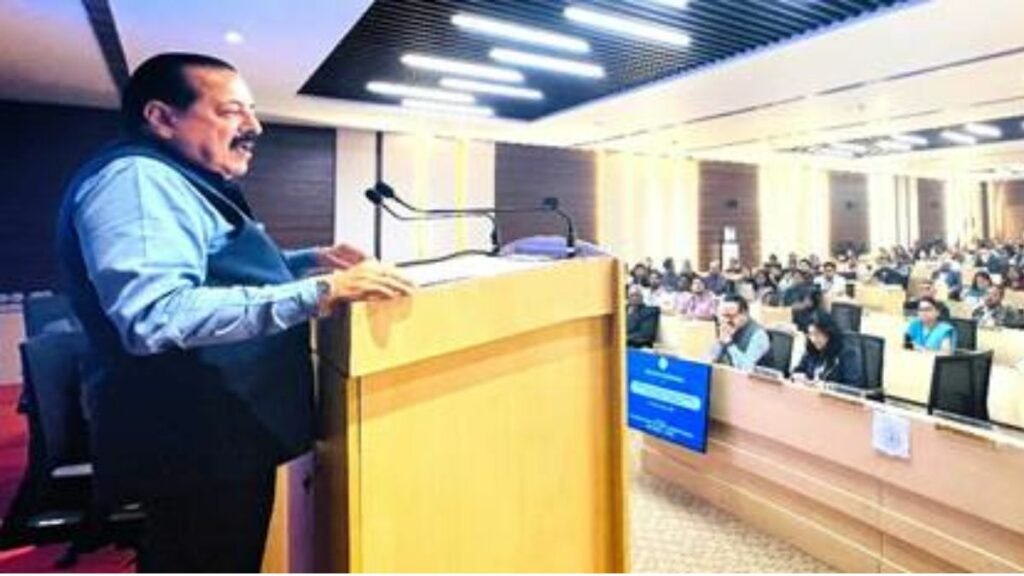
Dr Jitendra Singh said, PM Modi abolished Interviews for recruitment to lower posts within the first year of his tenure, eliminating human and administrative interface to the extent possible. Similarly, the practice of attestation of documents by Gazetted Officers was abolished.
“Besides, nearly 2,000 obsolete rules have been scrapped that were proving to be detrimental to the convenience of the citizens,” he said.
Referring to the Prevention of Corruption Act, 1988, Dr Jitendra Singh said, the Modi government amended it after 30 years in 2018 with an aim to punish bribe givers for the first time.
Dr Jitendra Singh said technology is an important tool in improving Services as deployed in the Integrated CPGRAMS portal and Face Recognition Technology being rolled out by the Department of Pension and Pensioners’ Welfare.
Dr Jitendra Singh addresses the ‘National Conference on Public Administration and Citizen-Centric Governance’
Dr Jitendra Singh said IIPA will be the catalyst, grooming the youth of yesterday to be the architects during Amrit Kaal to transform India into Viksit Bharat@2047.
Emphasising eGovernance, Dr Jitendra Singh said it has led to Easy, Economic and Environment-friendly functioning in the Government.
Dr Jitendra Singh said the Karmayogi Prarambh module has been made part of the Induction Training of all Government employees as part of the Capacity Building programme.
Dr Jitendra Singh said the youth of yesterday will have the privilege of being the citizens of Viksit Bharat @2047.
Disclaimer: This is an official press release by Pib.

